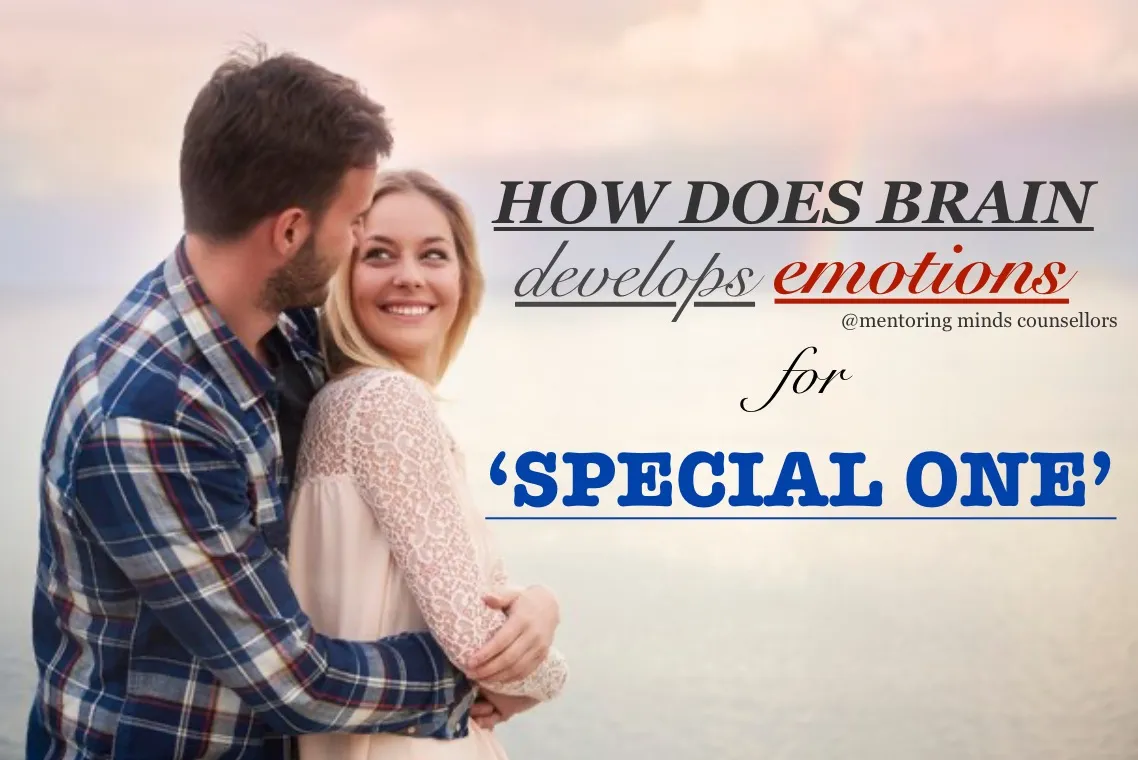Love is one of the most powerful and complex emotions we experience as humans. It transcends cultures, age, and backgrounds, and yet, it often feels mysterious and hard to define. What makes us fall in love with a special person, and how does our brain process these feelings? It turns out that love isn’t just an abstract emotion; it’s a deeply biological process that happens in the brain.
The Science Behind Love
When we talk about love, we often think of it as a feeling or a connection. But in reality, love is a series of intricate processes involving different parts of the brain and a mix of chemicals and hormones that create the emotional experience.
1. The Brain’s Reward System
When we first meet someone we are attracted to, the brain lights up in ways that are very similar to a drug high. The dopamine system plays a huge role in this. Dopamine is often referred to as the “feel-good” neurotransmitter. It creates a sense of pleasure, reward, and motivation. When we interact with a person we’re interested in, dopamine floods our brain, creating that euphoric, “butterfly-in-the-stomach” feeling. This is why we can feel so excited and happy when we’re around someone we care about.
But the dopamine system doesn’t just stop at making us feel good. It also helps create motivation. It compels us to pursue that person, get to know them, and spend more time with them, which is essential in forming deeper bonds.
2. Oxytocin – The Cuddle Hormone
Oxytocin is also crucial in the formation of attachments. It’s the hormone that helps us feel secure and safe with someone, which is essential for long-term relationships. So when we’re in love, oxytocin creates a sense of comfort and emotional closeness.
3. Endorphins – The Happiness Hormones
In addition to dopamine and oxytocin, our brains also release endorphins, which are chemicals that help to reduce pain and promote happiness. When we experience moments of joy with a special person whether it’s laughing together, sharing an intimate moment, or simply enjoying each other’s company endorphins are released. These chemicals contribute to the overall sense of well-being, making us feel happy, content, and connected.
4. The Role of the Limbic System
The limbic system, which is responsible for processing emotions, is deeply involved in our feelings of love. One part of the limbic system, the amygdala, is particularly important in regulating emotional responses. It helps us assess the emotional significance of a person or event. When you start developing feelings for someone, the amygdala processes the positive emotions linked to that person and reinforces them, making those emotions feel more intense.
Over time, as you continue to spend time with your special person, these emotional responses become more ingrained in the brain. The hippocampus, which is responsible for memory formation, helps you create and store memories of shared experiences. These memories deepen the emotional connection, making the feelings of love stronger and more lasting.
5. The Prefrontal Cortex and Decision Making
Activities in the prefrontal cortex may decrease when it comes to negative emotions. This suggests that love can make us more forgiving and less focused on potential conflicts, allowing us to overlook imperfections and accept our partner for who they are.
Conclusion: It is a Combination of Chemistry
We at Mentoring Minds Counsellors understand that the process of falling in love and developing deep emotions for someone is truly a marvel of brain chemistry and biology. From the initial spark of dopamine to the long-term connection built on oxytocin and endorphins, love involves the intricate interplay of various brain systems. These systems help us bond with others, feel affection, and form lasting relationships.


Leave a Comment